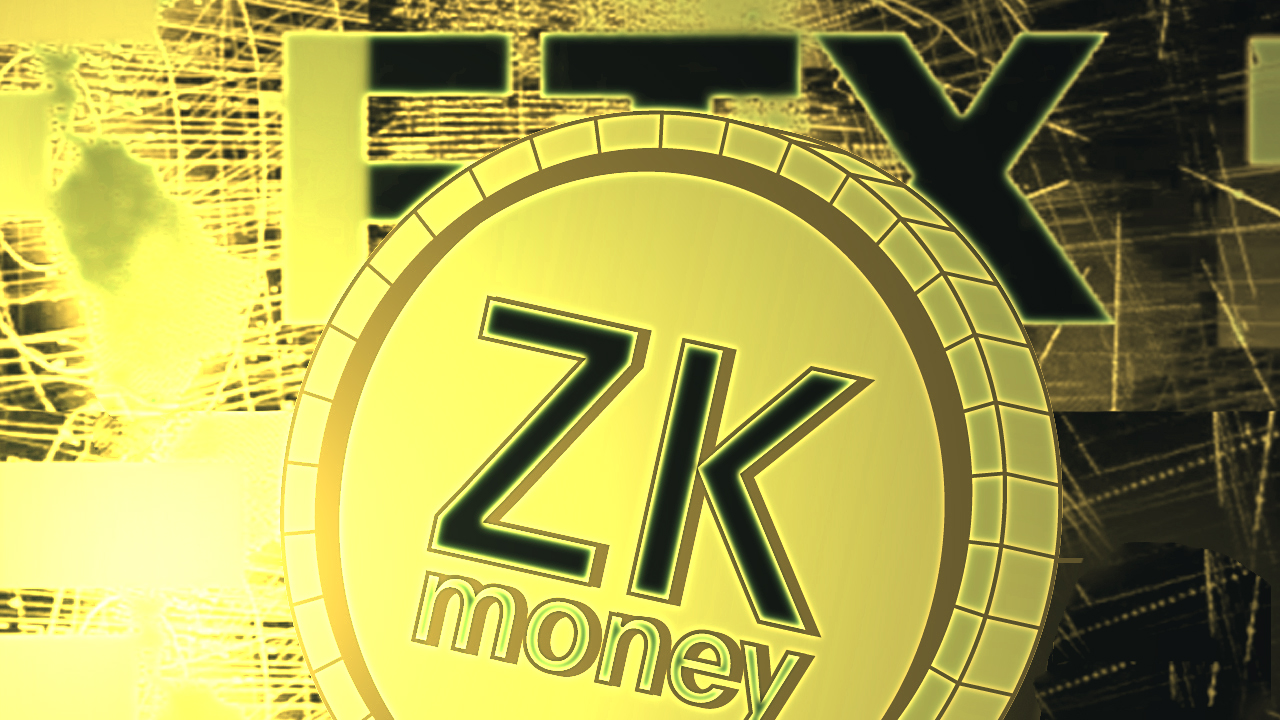According to reports on social media, a number of users have complained that FTX has blocked a transaction that was associated with the Aztec Network’s zkmoney privacy technology. Following the accusations, FTX CEO Sam Bankman-Fried explained that transactions are monitored for AML compliance but it “does not mean any accounts were frozen.”
Journalist Wu Blockchain Says an FTX User’s Account Was Frozen After the User Transacted With the Aztec Network’s Privacy Enhancing ZK-Rollups
On August 18, the China-based journalist, Colin Wu ‘Blockchain,’ published a tweet that said a user who transacted with Aztec Network’s zkmoney tech, had their account frozen. Aztec Network is a privacy and scaling network, and similar to Optimism and Arbitrum it uses ZK-rollups, but Aztec Network’s zkmoney tech is privacy enhancing. Aztec’s technology uses a zk-SNARK scheme called “Plonk,” a general-purpose zero-knowledge proof mechanism.
So while the average Ethereum network fee is 0.0014 ether or $2.29 using today’s ETH exchange rates, to send ether via the Aztec Network will cost only $0.40 per transfer. “Recently, FTX froze a user account who sent coins to [Aztec Network’s] zkmoney,” Wu Blockchain tweeted on Thursday. “According to FTX, Aztec Connect – Aztec network / zk money has been identified as a mixing service, which is a high-risk activity prohibited by FTX.”
The journalist added:
FTX said Industry-leading third-party transaction monitoring tools ensure users do not interact with high-risk addresses, it is recommended not to use the mixing service in the future, otherwise, it may endanger the FTX account.
FTX CEO Sam Bankman-Fried Responds, Aztec Network Insists ‘Privacy Is Legitimate’
Following the tweet, FTX CEO Sam Bankman-Fried responded to Wu Blockchain’s statement and explained that while FTX monitors transactions, it doesnt mean the exchange has frozen any accounts. “To be clear — this is getting garbled,” Bankman-Fried said. “We are constantly monitoring transactions for AML compliance, and do enhanced due diligence on certain transactions, but that does not mean that any accounts were frozen.” Additionally, the official Aztec Network Twitter page tweeted about the issue.
“We are aware of reports that FTX is warning users not to interact with Aztec,” the team said. “As a result, we want to underscore our current and ongoing risk-reduction framework: 1) Implement practical deterrents 2) Measure their effectiveness — Privacy is legitimate.” Aztec Network continued:
We want to start by reiterating our mission — Empowering individuals with on-chain privacy. Our belief is that privacy is a fundamental precursor to — Discretion, Security, [and] Creativity — In other words, normalcy. As a result, our approach has always been one of practical deterrence: Ensuring users have access to privacy on-chain while deterring money-laundering and illicit activity.
The Aztec Network news follows the ongoing complaints about Tornado Cash being banned by the U.S. government. Furthermore, reports show the decentralized exchange (dex) platform Uniswap has blocked 253 Ethereum-based addresses from the frontend using TRM Labs technology. Further, 12 days ago, the software developer Banteg reported that Centre Consortium blacklisted 75,000 USDC tied to the Tornado Cash pool.
What do you think about the reports that allege FTX froze an account from someone who used the Aztec Network? Let us know what you think about this subject in the comments section below.
Image Credits: Shutterstock, Pixabay, Wiki Commons
Disclaimer: This article is for informational purposes only. It is not a direct offer or solicitation of an offer to buy or sell, or a recommendation or endorsement of any products, services, or companies. Bitcoin.com does not provide investment, tax, legal, or accounting advice. Neither the company nor the author is responsible, directly or indirectly, for any damage or loss caused or alleged to be caused by or in connection with the use of or reliance on any content, goods or services mentioned in this article.


